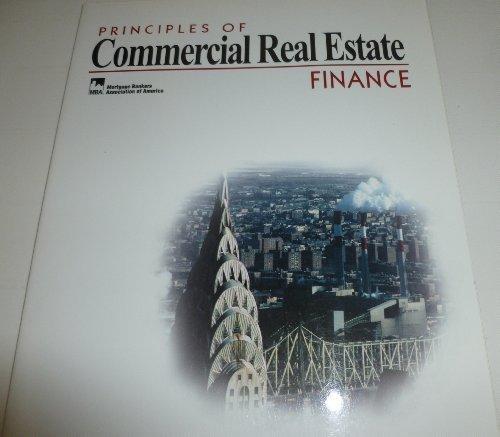
39. Refer to the attached articles about Volvo incorporated into the same document. The author reviews autos for the weekend Wall Street Journal. In the first article, the author criticizes Ford for selling Volvo to a Chinese auto company and how the new owner invested $11 billion in Volvo and it produced a "good" car. The author simply assumes it was a good investment without any analysis so that is what should be done. But because much information is not available some assumptions must be made. i. Assume for now the entire $11 billion was invested at the end of 2017. Without knowing anything about the Swedish tax code, assume the entire $11 billion will be depreciated over 10 years using straight line depreciation. A portion of the investment was likely expensed but it is simpler to assume it was all capitalized and will be depreciated. The article notes Volvo sold 571,577 vehicles in 2017, Assume Volvo will sell 600,000 vehicles in 2018 and the number of vehicles sold will increase 2.5% through the fifth year and 1% thereafter [years 6 through 101, lt is an optimistic assumption as the industry is notoriously cyclical and sales tend to slow or decrease as models age The article also notes the car tested by the author was around $82,000. But it is the top-of-the-line model and Volvo makes lower priced vehicles, as the second article by the same author reads. Assume the average price for a Volvo car in 2018 will be $50,000 and it will increase 2% annually. The problem now is we know nothing about the expenses. "Operating Margins" in the auto industry are not large so assume Volvo will have an operating margin of 7%, which is optimistic for a small manufacturer without scale Recall cost of goods sold and any selling, general, and administrative expenses are deducted from sales to arrive at operating income. And depreciation is included in the cost of goods sold or S,G,&A expenses. Taxes in Sweden are higher than elsewhere so assume the income tax rate for businesses is 40%. Assume the assets will have no salvage value at the end of the tenth year Assume Net Operating Capital required by the project is 12% of sales. ii. iii. iv. v. vi. vii. Based on the rough estimates and assumptions, what will be the internal rate of return on the $11 billion investment? Note: It is best to do this problem using Excel. a. b. . d. e. 12.05% 12.93% 13.88% 15.32% 16.83% 40. The Chinese company acquired Volvo in 2010. If the firm had begun to invest the S11 billion in 2011, as is realistic, rather than all at the end of 2017, and all of the other assumptions remain the same and the company's cost of capital is positive [as would be logicall then the Internal Rate of Return would be: a. b. c. d. e. Higher than the IRR calculated for problem 43. Lower than the IRR calculated for problem 43. Equal to the IRR calculated for problem 43. Indeterminate without additional information. None of the above answers is correct







